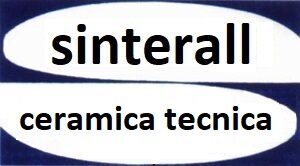When compared to other advanced ceramics, silicon nitride is the most promising ceramic material in the case of high temperature structural applications.
It presents good resistance to oxidation and creep: creep, under constant stress. It is characterized by low density (fundamental property for applications where weight is a critical parameter), electrical insulation, low coefficient of thermal expansion which guarantees excellent resistance to thermal shock, high hardness and wear resistance. Silicon nitride is not naturally found in nature but must be synthesized to obtain the Si3N4 powder.
![]()
The properties of the powders, the sintering method and the presence of additives determine the thermo-mechanical characteristics of the final product: a unique set of exceptional properties, very interesting in the industrial field. It is used in many sectors, especially in the mechanical one, measuring instruments, wear-resistant coatings, heat treatments: hardening and welding positioners, not wettable by non-ferrous alloys.
It is of dark gray-black color and can be finely worked and polished to obtain surfaces of surprising appearance.
CHEMICAL-PHYSICAL PROPERTIES
Silicon nitride can be used in many fields thanks to a series of chemical-physical properties that make this material suitable for various applications. It is a rather expensive material, but the performance / cost ratio is excellent in those applications where it can outperform commonly used materials by offering long service life and very low maintenance costs. The main characteristics of silicon nitride are:
-
Good thermal stability
-
Good thermal conductivity
- Low coefficient of thermal expansion
- Exceptional resistance to thermal jumps
- Good corrosion resistance in both acidic and alkaline environments
- Its flexural strength and fracture resistance are remarkabl
- Excellent degree of hardness combined with a low coefficient of friction
